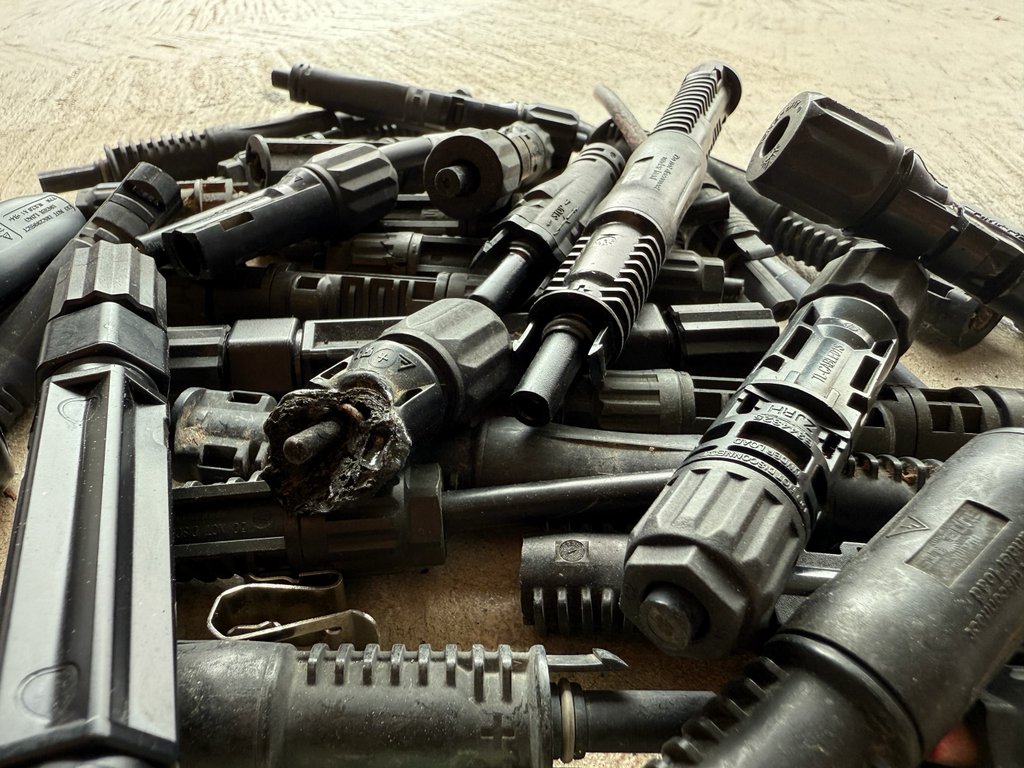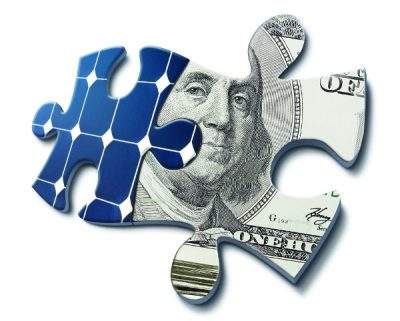Dept. of Commerce to investigate Auxin’s circumvention claims. Here’s what comes next.

The U.S. Department of Commerce has indeed decided to launch an investigation into circumvention of anti-dumping (AD) and countervailing duties (CVD) by solar PV makers in Cambodia, Malaysia, Thailand, and Vietnam, as requested by Auxin Solar on February 8, 2022. Chinese-based solar module makers are the main target of the dumping allegations, but with whole countries being cited in the petition, there is now a lot more uncertainty about any module imports coming from that region.
The U.S. solar industry has almost unanimously come out with statements against this decision. Here’s one from SEIA CEO Abigail Ross-Hopper, explaining how damaging the trade organization thinks this could be for U.S. solar:
“The Department of Commerce has decided to consider up to 50%-250% tariffs on the solar industry in the United States. This misstep will have a devastating impact on the U.S. solar market at a time when solar prices are climbing, and project delays and cancellations are adding up. The solar industry is still reeling from a similar tariff petition that surfaced last year. The mere threat of tariffs altered the industry’s growth trajectory and is one of the reasons why we’re now expecting a 19% decline in near-term solar forecasts. Taking up this case will have a chilling effect on the solar industry.”
Timeline?
The Department of Commerce will present preliminary findings under this investigation on August 30, 2022. On that date it will publish a preliminary duty rate for importers of all products, which will serve as the basis for deposits until a final decision on January 26, 2023 (which can be extended to April 1, 2023). If duties are retroactive, this preliminary rate will apply back to the starting date of the duties as determined by the Secretary.
What happens?
The full investigation will take 300 – 365 days and if Commerce finds circumvention, importers of cells and modules from these four nations will have to pay duties.
If in its final ruling on January 26 – April 1, 2023, the U.S. Department of Commerce finds no circumvention, then any bonds or deposits posted will be returned. If it finds circumvention, it will apply duty rates for each supplier that it has investigated, as well as setting country-wide duty rates for all other suppliers. These duties will be the basis for cash deposits going forward and will also serve as the final duty levels on imports that arrived between the preliminary and final determination if the final duty rates are equal to or lower than the preliminary duty rates. Otherwise, for this period duty rates will be at the preliminary duty rate level.
Once the investigation ends, importers will be required to post cash deposits going forward based on the final ruling. Final duty rates will be calculated retroactively two years later; i.e., the calculation for 2023 duty rates will be made in 2025. For the period after the final ruling, final rates can be higher than the deposits. At Commerce Secretary Raimondo’s discretion, these duties can be applied retroactively to as far back as November 4, 2021.
High-level implications
Suppliers have broadly indicated that an investigation may lead them to stop shipments from the named countries to the United States at least until the Commerce Department issues a final ruling, given the unknowable final duty rates. Clean Energy Associates sent over this list of other short- to mid-term consequences:
- Buyers with module orders booked before the circumvention investigation began and with delivery periods during or after the investigation may face delayed shipments and manufacturer attempts to renegotiate terms depending on supplier production strategies, contract terms, supplier risk appetite, and available information regarding a specific cash deposit rate.
- Module suppliers in non-named countries are likely to raise prices as there are a limited number of bankable, utility-scale module providers outside of Cambodia, China, Malaysia, Thailand, and Vietnam. Cell supplies will also be significantly affected as more than 50% of non-China cell supplies were provided by suppliers in the named countries.
- Suppliers in non-named countries like India, Turkey, and Indonesia will look at catering to United States buyers instead of domestic consumers. However, most of the new supplier focus is expected to be on the distributed generation segment as non-utility applications are better able to absorb price increases and afford suppliers better margins.
- Other non-named countries with established suppliers like Canada, Mexico, South Korea, and Germany are already more oriented toward distributed generation module production and are not capable of replacing the capacity scale of the named countries.





Comments are closed here.